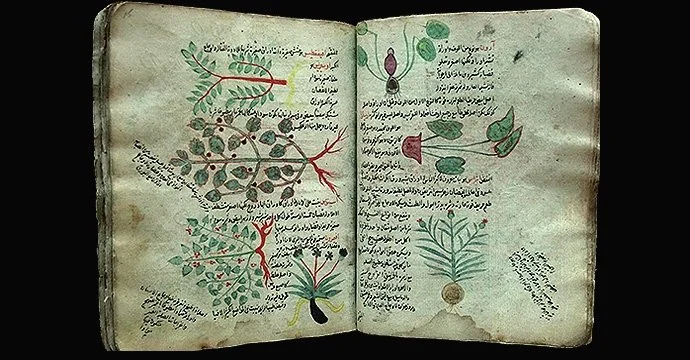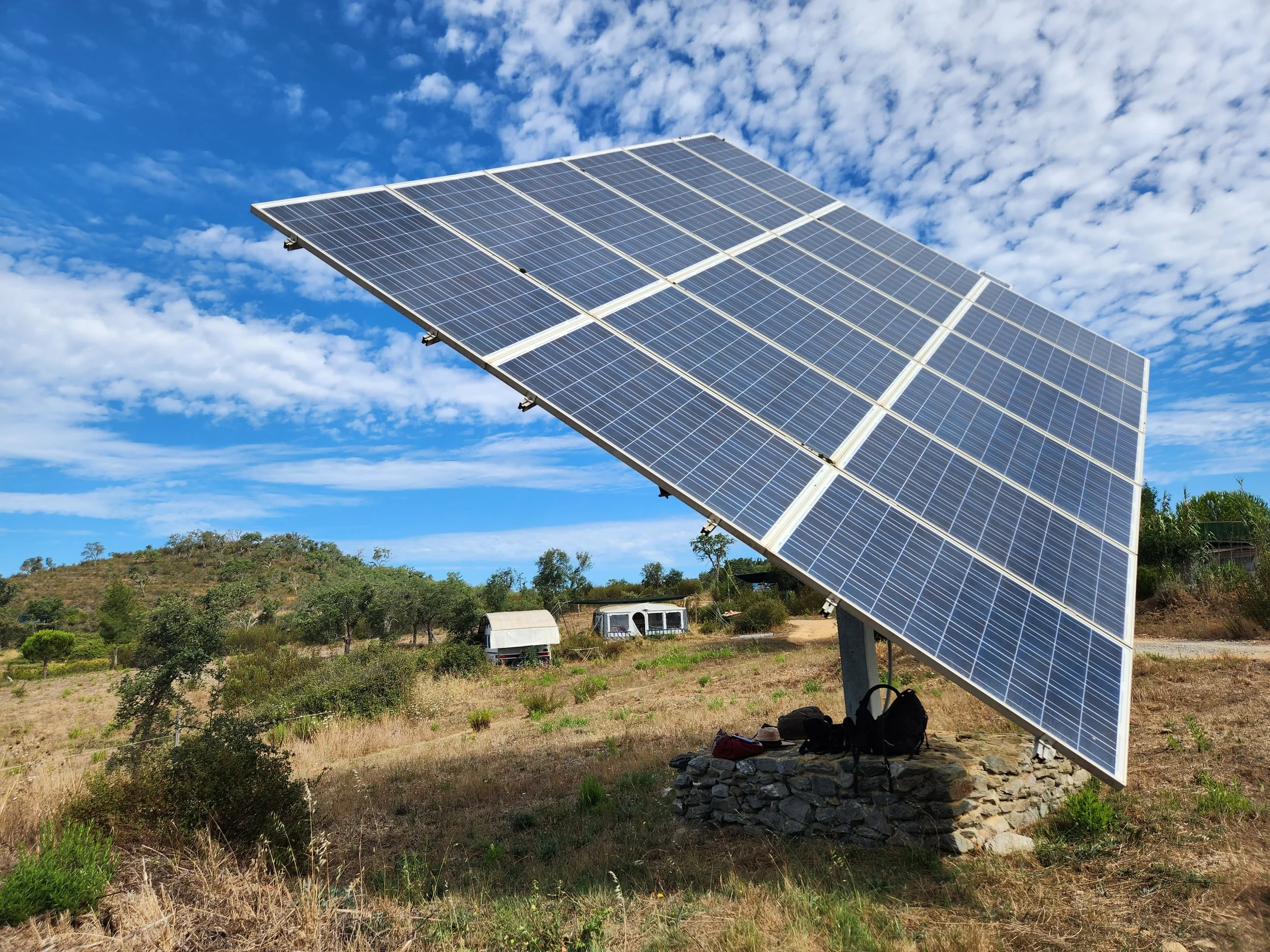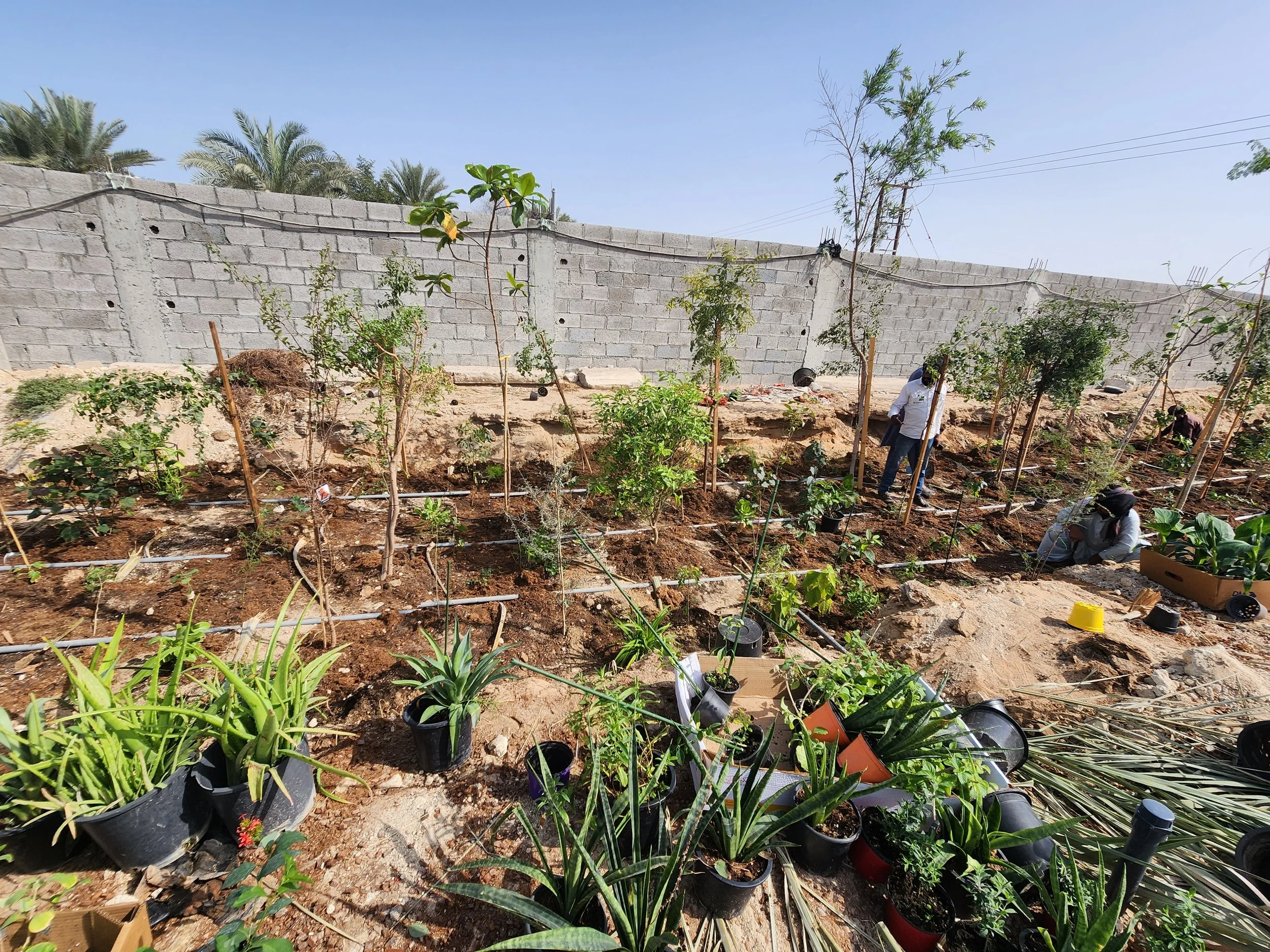
Education
As part of our approach for offering holistic engagement with land care and symbiosis between human beings and our ecosystem, we offer courses, trainings, and one-on-one instructional sessions.
We acknowledge that the process, philosophy, and a methodology we offer are limited in value and effectiveness if we do not pass on the knowledge and tools to local stewards who ultimately know their land better than anyone else.
Courses
We offer courses in various locations throughout MENA/SWANA, India, the Mediterranean, and Europe for people who want to learn concrete skills for engaging with sustainable agriculture and ecosystem restoration.
Among our courses we offer Permaculture Design, Water Retention Landscape and Rainwater Harvest, Water Systems Design, Miyawaki Forestation, Soil Extracts and Cultures, and more.
Trainings and Workshops
Working closely with land stewards, professionals, and farmers, we offer specialized trainings that focus on specific methods and tools that can enrich biodiversity, soil health, and well being on site.
These trainings include topics such as Cover Cropping in Desert Soils, Crop Rotation Planning, Agroforestry, and more.
School Partnerships
We also work with schools that are interested to visit partner farms and facilities to educate the next generation about sustainability practices and the importance of local, ecological food sources.
Upcoming Offerings
Sacred Ecology of Semitic and Mediterranean Herbalism: Deep Dive into Agro-Ecological, Mystical, and Poetic Traditions of Herbs and Shrubs of Arid Regions
April 29 - May 17, 2026 (Besides May 3rd) | Online at Sundays at 5pm CET
In this edition of the Sacred Ecology series, we dive into the world of herbs and shrubs, exploring the mind-body-plant connection, thresholds of consciousness, and ecological interconnectedness. Each module will feature four plants of the sacred traditions of herbalism and worship of Semitic and Mediterranean practices, limning their tangible manifestations in soil, society, and song.
Join us for a four week online course referencing text, agro-ecology, phytomedicine, and mystical practice. The final (fifth) week will be a collaborative symposium of our collective engagement with and expansion through the plants.
Curriculum Outline:
Module 1, April 26th
Introduction to Sacred Ecology and Herbalist traditions, laying the foundations of textual, mystical, and ecological references for the following classes. During the opening session we will explore the different Mediterranean geographies and Semitic epistemological lineages that inform that transformation of human-plant relations.
Module 2, May 10th
Herbal Manifestations of Heaven on Earth: Jamal and Jalal, Softness and Boundaries
Basil, Ocimum basilicum & family - Prized possession of the Andalusi gardens, and mentioned as one of the plants of Jannah.
Myrtle, Myrtus - Mystical and ceremonial uses in Jewish harvest celebration, and deserving of entire courtyard of the Hambra known as Court of Myrtles.
Jujube, Ziziphus - Marking the outermost boundary of human experience of the Divine in the Layla Mi’raj ascension of the Prophet Muhammad, offering tangible means for desert survival
Frankincense, Boswellia - A powerful tool of cleansing, worship, and medicine, reflective of majestic landscape.
Module 3, May 17th
Plants of Thresholds, Transitions & Liminality: The Plant World Dictating Human Experience
Hyssop, Hyssopus officinalis – Symbolizing atonement, ritual cleansing, and change.
Henna, Lawsonia inermis – Delineations of maidenhood, marriage, motherhood.
Castor oil plant, Ricinus communis - Supporting fertility, childbirth, cleansing, casting out from the body.
Syrian rue, Peganum harmala – The plant that inspired “flying carpet” mythology, thresholds of consciousness, communal transformation.
Module 4, May 24th
Wild Herbs for Health and Longevity: Repercussions of Resources Coveted and Controlled
Thyme, Thymus vulgaris (za’tar) - Staple in Levantine health practice, and the mirror of occupation and land-based violence.
Sage, Salvia officinalis - Wide ranging health benefits, and a story of indigenous identity of the Americas and other regions.
Artemisia species, (wormwood, mugwort, santa elena) - Healing, cleansing, dreaming, and the namesake of many myths.
Black seed, Nigella sativa - ‘Habbat al-barakah’ (blessed seed), from the Pharaoh's passage to the next life, to Prophetic remedy for everything but death
Module 5: May 31st
Participatory presentations and collective symposium of participant journeys, knowledge, and exploration.
Ibn al-Baytar (d. 646 H / 1248 AD): Tafsir kitab Diyasquridus fi al-adwiya al-mufrada (A Commentary on Dioscorides’ Materia Medica)
Every Day EcoLiving: How to Integrate Restorative Ecology, Climate Change Mitigation, and Collective Flourishing into our Daily Modern Lives
In collaboration in EcoVillage Tours
Sundays, 6pm CET. March 1st - April 19th, 2026 | Online
Are you concerned with the environmental future of our planet, but unsure what tangible changes you can make to your life to accommodate the necessary transformation? Are you considering taking steps toward a more ecological lifestyle but need more information about what that actually means?
This course will explore some of the various approaches to transforming our lives and our world through regenerative practices, throughout all aspects of our day to day. Throughout these weeks together, we will engage with theoretical approaches to collective transformation, as well as practical options and examples. We will also learn with pioneers and leaders from the various sectors, taking tools and ideas into our daily lives.
Course Curriculum
Introduction: What does it mean to live ecologically?
What are the paradigms upon which our current systems are designed, how do these values manifest in our landscapes and daily lives? What would it look like to reorganize our systems around a paradigm of mutual well being, in which the values of ecological restoration and interdependence are given priority?
What are the various parts of our lives and behaviors that directly affect the ecologies and non-human species around us? In which ways do we interact with and rely on ecological systems?
What would it take to restore balance to our planet? Who are some of the system thinkers, philosophers, designers, and engineers who are leading this discussion today?
Module 1: Food and Agriculture
Contemporary food systems: Overview of agriculture and monoculture, global supply chains, subsidies. How do these contemporary systems mirror current paradigms of separation? How does the organization of these systems affect ecological systems, soil, and human resilience?
The ethical questions of food production: exploring various factors including inputs, logistics, labor, animal welfare, human health, and feeding the global population.
Diets and seasonal eating: How our diet reflects the current extractive system, how we can change what we eat to influence food systems and production.
The importance of Community Supported Agriculture (CSA), home grown food production, and other practical ways to engage with and support regenerative food systems.
Module 2: Water and Hydrology
Centralized and commodified water and the broken hydrological cycle: where does our water come from? What are the ecological and health implications of our current water systems design?
Watershed manipulation and its effects on biodiversity, invasive species, and indigenous communities.
Water retention landscape engineering: the urban and the rural stories. How can we restore the water cycle?
Hydrological engineering as a strategy for reversing climate change without carbon sequestration, and the importance of ground water recharge.
Module 3: Community and Network
What is community? What role does our ability to work together, co-live, and co-create play in the global systemic transformation?
Why community and ecological living go hand in hand: past present and future.
What does community look like today: different models of communal living
The significance of the Ecovillage movement in the transition out of extractivism
Module 4: Energy
What is energy? How does it work, and how have we harnessed it?
The overemphasis on energy transition in the climate movement, and the myth of zero emissions: what would it mean to have genuinely green energy? What are the resources that must be “renewable” when we think about green energy?
How can we reconsider the concept of energy, while making the most of the resources and tools for regenerative actions?
Module 5: Capital and Finance
Definitions of wealth in an extractivist system. Looking at alternative kinds of capital, including social, ecological, and spiritual capital and ways to reconsider our perceptions of value.
The ROI problem: making money from money.
Green banks and alternative financial structures. What does it mean to create alternative methods of exchange that focus on localization, transformation of capital, and collective benefit?
Module 6: The Big Picture
How do eco-living and regenerative initiatives contribute to the global polycrisis? How do the different modules of the course interact, overlap, and intertwine?
What values and ethics are addressed - or not - by the current regenerative paradigm?
How do we combine honouring the past and local contexts while creating the regenerative future?
Miyawaki Afforestation Training
September 2026 | Abu Dhabi, Almaha Reserve
In collaboration with world renowned expert HR Hari, we will dive into the principles, theory, and methods of planning and implementing a Miyawaki forest.
This course, as well as these forests, are the first of their kind in the arid climate of the UAE. Our model farm has several examples of Miyawaki layout, design, and substrate. Join us for a 5 day intensive, hands on training to learn the method and bring microforests to your own community or farm.
Miyawaki Forest from the Almaha Reserve in Al Bahya Abu Dhabi.






